
All categories
Featured selections
Trade Assurance
Buyer Central
Help Center
Get the app
Become a supplier

(4929 products available)




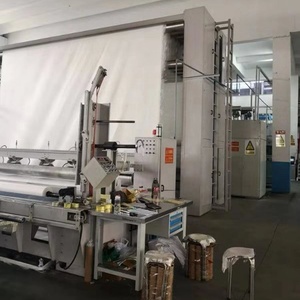


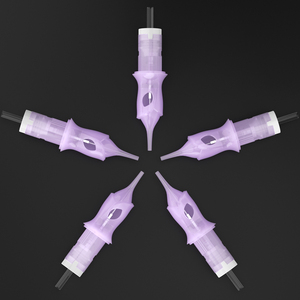

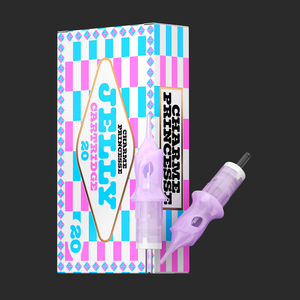
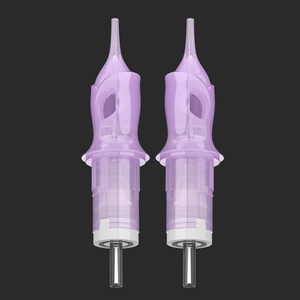






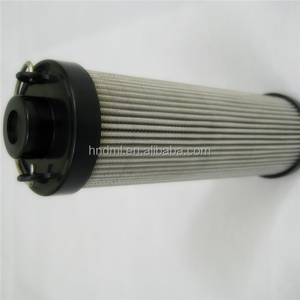




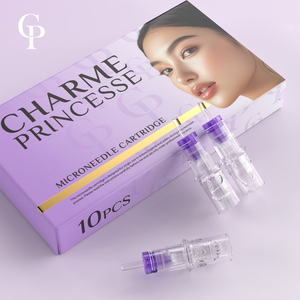
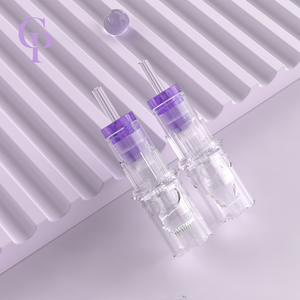
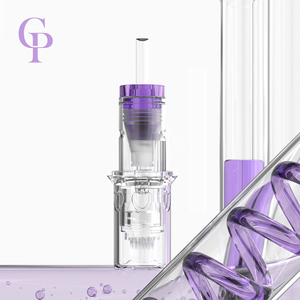
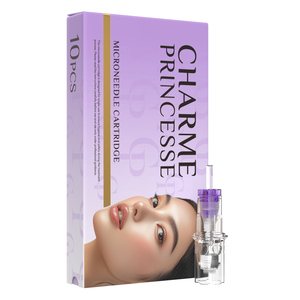


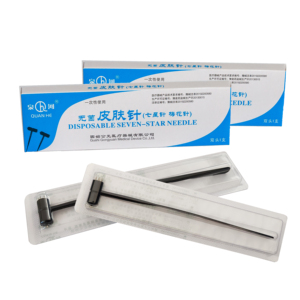
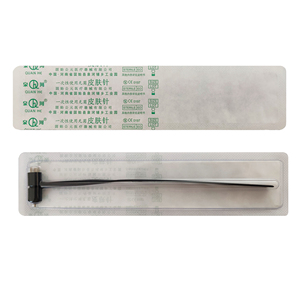
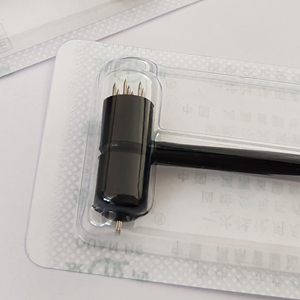
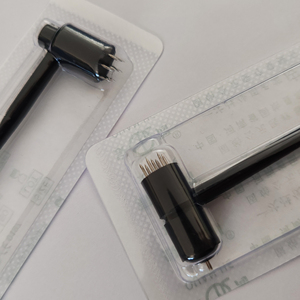




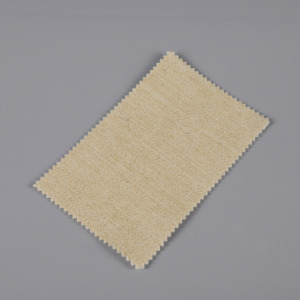
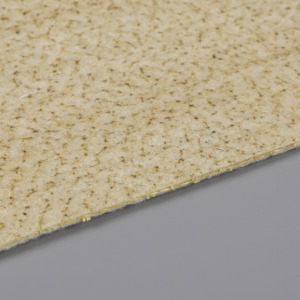

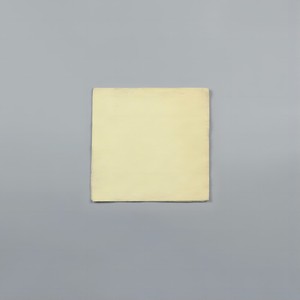


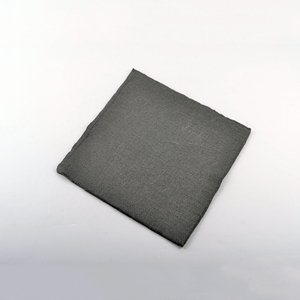
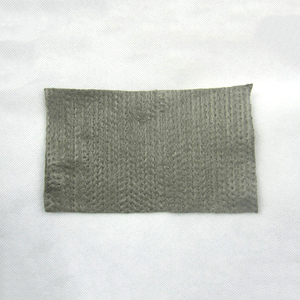
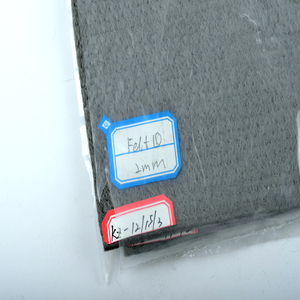
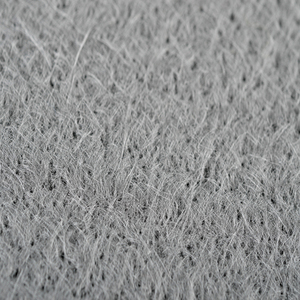
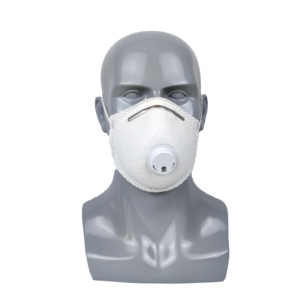

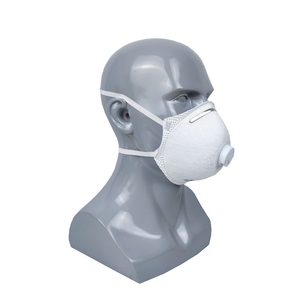
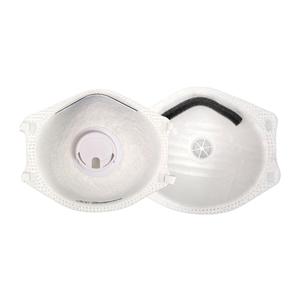

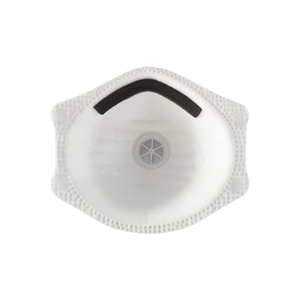
A needle punch filter is a filter that is made using a needle punching technique. It is commonly used in the filtration of air, water, oil, and other substances. This filter is made up of synthetic fibers that are needled together to create a porous yet dense structure. The filter is capable of removing fine particles and contaminants from a fluid or gas stream. It can also provide various functions such as separation, purification, and fluid clarification.
Filter media can be made from various materials and have different designs to cater for different applications and industries. Some filters are made with specific industry requirements in mind. For example, some filters are made to withstand high temperatures, while others are made to resist abrasion. Some filters are used in air filtration, while others are used to purify water.
Needle punch filters can be made with different designs. One filter can have a combination of designs to cater for different applications. Some designs include:
Needle punch filters are also available in different shapes and sizes. They can be cut into discs, squares, or custom shapes to fit specific requirements and equipment. Some filters come with frames or housings to make installation easier. They are also available in different pore sizes to cater for different filtration needs. The pore size is the size of the holes in the filter, which determines what particles can pass through and what particles are collected.
Needle punch filters have several specifications depending on their applications, such as the materials they are made from and the maintenance required.
Needle punch filters are synthetic or natural fibers. Common materials include polypropylene, acrylic, nylon, polyester, and polyethylene. These materials are chosen based on their resistance to chemicals, temperature, and strength.
Needle punch filters come in different mesh sizes or pore diameters to suit various filtering needs. Common mesh sizes range from 10 to 5000. Filters with a pore size of 10 to 100 are used to filter fine particles, while those with a pore size of 100 to 1000 are used to filter medium particles. Filters with a pore size of more than 1000 are used to filter coarse particles.
Needle punch filters come in various shapes and sizes, from round discs to square or rectangular sheets. They can be customized to fit different filtration equipment.
Needle punch filters require regular maintenance to ensure optimal performance and longevity. Some of the maintenance practices include the following:
Needle punch filter felts are widely used in various industrial fields. Here are some typical usage scenarios:
When selecting needle punch filters, it is crucial to look for filters that are durable. This is because customers want filters that will last for a long time. If a filter is not durable, customers will have to replace it frequently, which can be expensive. To avoid this, get filters that can withstand demanding industrial environments. Also, consider filters made from high-quality materials. Such filters will not tear or break easily.
Another important thing to consider is the compatibility of the filter. Customers use filters in different machines. As a result, they need filters that are compatible with their machines. Therefore, ensure the filters purchased are compatible with a wide range of equipment. This will allow customers to use the filters in different machines without any issues.
It is also essential to consider the filter's efficiency when selecting needle punch filters. The primary purpose of a filter is to remove contaminants from fluids. Therefore, get filters with a high filtration capacity. Such filters can remove various types of contaminants, including large particles and sediments. As a result, they protect the machines and equipment they are filtering from damage. Additionally, consider filters with a high flow rate. Such filters can supply large amounts of clean fluids in a short amount of time.
Another crucial thing to consider is the filter's maintenance and service. Customers need filters that are easy to maintain. Therefore, get filters that are easy to install and replace. Such filters will not require special skills or tools to maintain. Also, consider filters that are widely available. This will make it easy for customers to get spare parts when they need them.
When it comes to needle punch filters, the size really matters. Customers use filters in different applications. Therefore, it is crucial to get filters of different sizes so that customers have options to choose from. Also, get filters with different levels of filtration. Some customers deal with fluids that require fine filtration, while others deal with fluids that require basic filtration.
Q1: What are the benefits of using needle punch filters in industrial applications?
A1: The needle punch filter offers many benefits. With the help of needle-punching, the filter is made to be strong and durable. It can withstand the harsh industrial environment. It can remove particles and debris before the air enters the machinery and reduces wear and tear. It also enhances the performance and lifespan of the equipment.
Q2: Are needle punch filters customizable for unique industrial needs?
A2: Yes, the needle punch filter is available in multiple shapes, sizes, and materials. This makes it suitable for the requirements of the industrial application.
Q3: What are the maintenance requirements of needle punch filters?
A3: The needle punch filters require regular maintenance. They should be inspected at regular intervals and should be cleaned or replaced as needed. Regular maintenance of these filters can prevent clogging and ensure optimal performance.
Q4: What is the difference between a needle punch filter and a polyester needle-punched filter?
A4: Both the filters are the same. The polyester needle-punched filter is made by needle-punching a polyester material. So, the terms can be used interchangeably.